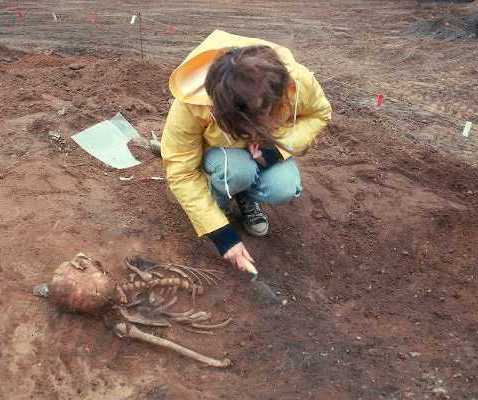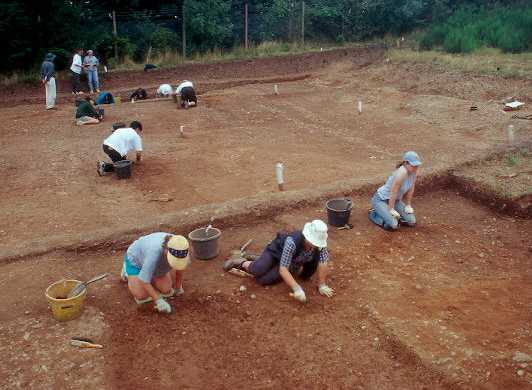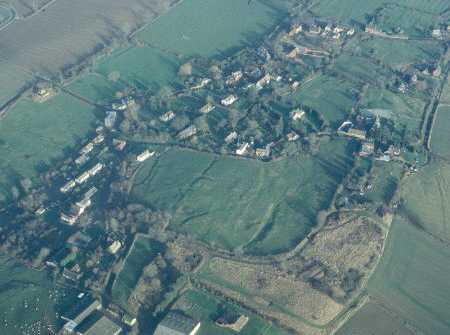Archaeology and Planning

Archaeological sites are protected through the planning process and district councils are committed through their Local Plans and Development Frameworks to ensuring that archaeological remains are not thoughtlessly or needlessly destroyed by development or other land-use change. Warwickshire Museum provides advice on the policy content of Strategic Plans and Development Frameworks as it relates to the Historic Environment. Policies in each District planning authority are under review as a consequence of changes to the planning policy framework introduced under the Planning and Compulsory Purchase Act 2004. Further changes to the planning process are signalled by the 2007 White paper Planning for a Sustainable Future which will provide challenges for delivery of the service in the future.
The Information and Advice team provides specialist archaeological advice to local planning authorities regarding the potential impact of individual proposed developments on the archaeological resource. The archaeological sensitivity of a proposed development area is primarily assessed using information held within the HER. Where there is insufficient information to assess the degree of threat to either known, or potential, archaeology, the Local Planning Authority may require an archaeological site evaluation to be carried out prior to determination of the application. In other cases developers may be required to undertake some archaeological work as a condition of planning consent. This work may take the form of desk-based studies, evaluations, watching briefs or full excavation, the scope of such work being established under a written brief provided by the Museum's Planning Archaeologist. This may also include provision to record buildings of historical, architectural or industrial importance.

In addition to planning casework, the Information and Advice team also provide guidance to anumber of organisations such as utilities, the Forestry Commission and others whose works fall outwith the mainstream planning process but still may have a significant impact have a significant impact on the archaeological resource. Advice is also given to the Coventry Diocese with respect to works carried out in churches and churchyards
Environmental Stewardship
In March 2005 the Department for Environment, Food and Rural Affairs (DEFRA) launched Environmental Stewardship (ES), a new agri-environment scheme administered by Natural England, and designed to deliver conservation and good management of the countryside. ES operates at three levels: Entry Level, available to all farmers, Organic Entry Level and Higher Level, aimed at areas of high priority.

In addition, the Information and Advice team work closely with Natural England, providing baseline spatial historic environment data as part of national targeting schemes that aim to deliver greater environmental and public benefits from both the ELS and HLS.

